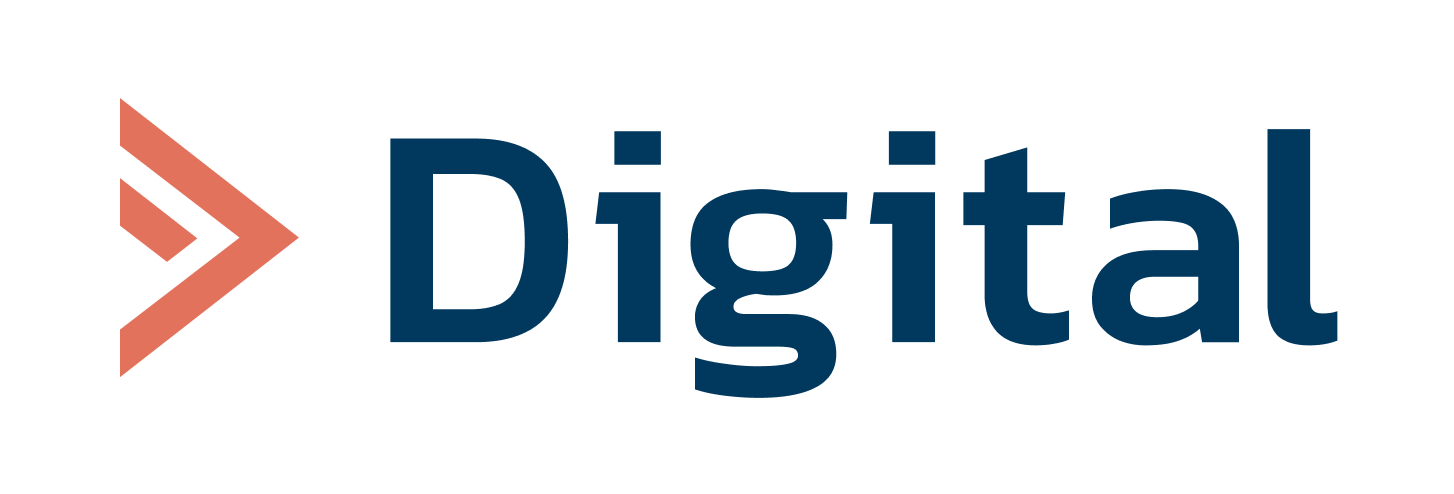FemTech is now a familiar word in pitch decks and policy memos. It is far less familiar to the people it claims to serve: in 2023 among women aged 25–34, 40% in the US say they don’t know what it is. Women’s health research remains chronically underfunded, with just 5% of global R&D funding going to women’s health in 2020, and most of that concentrated in cancers and fertility.
Author: Lidziya Tarasenka
Large language models (LLMs) that already assist physicians and patients with medical questions can still generate severely harmful advice in a sizable percentage of real cases, according to a new multi-center preprint introducing the NOHARM safety benchmark.
Large language models have arrived in lecture halls, simulation centers, and clinic corridors faster than the curricula can be adapted to accommodate them. What kind of doctor will it help produce, and at what cost?
The traditional model of “informed consent” is ceasing to work in a world of big data and AI, where information is endlessly recombined and repurposed. Experts show that real power over data is now concentrated in the hands of platforms, while the promised autonomy of users turns into an illusion. Regulators are trying to intervene, but without new approaches to data governance, “free choice” will remain a ritual rather than a safeguard.
The U.S. Food and Drug Administration switched on its agency-wide generative AI system Elsa on June 2, 2025. The promise was faster scientific reviews, less bureaucratic “busywork,” and ultimately quicker access to new therapies. It’s only been six months, and the system is not without its flaws, but it’s definitely marked the start of a new AI era in how food, drugs, and devices are regulated. What effects of deployment can we see so far?
UK government launches £170 million HIV Action Plan to drive England towards zero new transmissions by 2030. The plan, unveiled today on World AIDS Day, focuses on people who have fallen out of treatment.
At the start of 2026, Europe’s healthtech scene doesn’t slow down. January opens with a tight cluster of high-stakes events — where regulators, clinicians, and digital health leaders gather to confront what’s next. From cross-border data use to hospital-based AI, these meetings aren’t just about vision. They’re where priorities get negotiated.
In late 2025, the market is saturated with medical apps and digital therapeutics, yet new HealthTech ventures keep launching. Is there a room or need for more? Dr. Uladzimir Svirkoū, a Pain Medicine Doctor and HealthTech Advisor, argues that as long as problems like endless MRI waiting lists persist, technical solutions are required.
A paper published in Nature Machine Intelligence states that language models cannot reliably distinguish belief from knowledge and fact. To test this ability, authors developed a new benchmarking system – KaBLE.
Galleri is a blood test that looks for cancer-specific DNA methylation patterns and suggests a likely tissue of origin for 50 different types of cancer. It is offered as a complement to standard screening and is currently commercially available in the United States (list price: $949).

